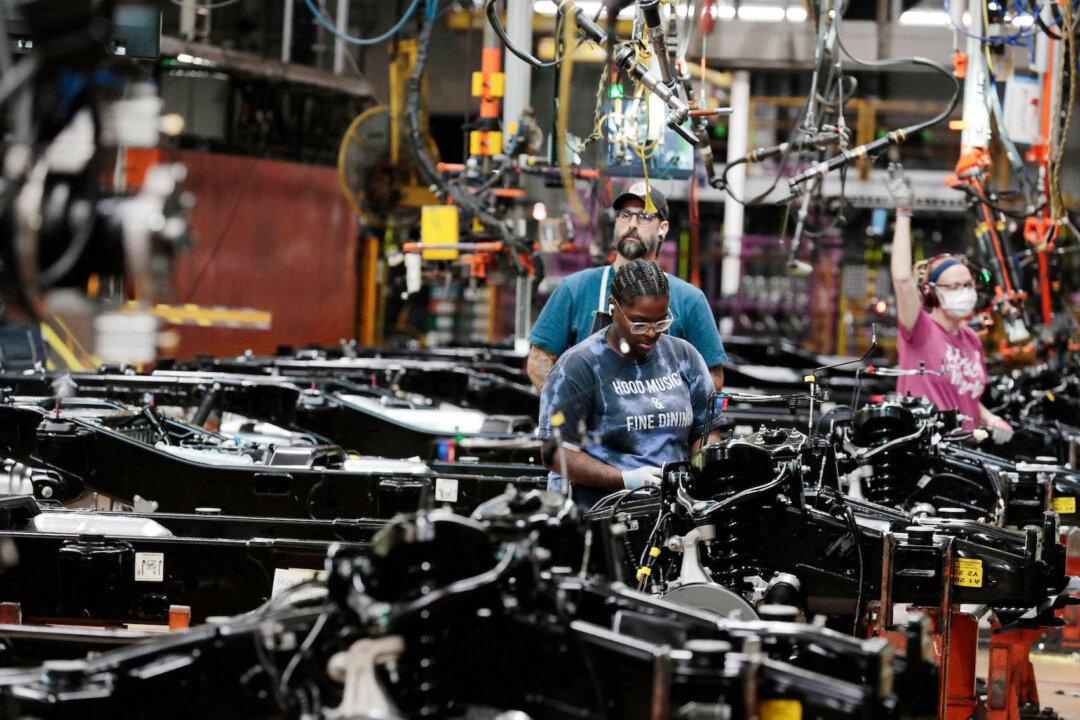President Donald Trump signed an executive order on Tuesday to cushion the impact of his automobile tariffs.
The measure, titled “Addressing Certain Tariffs on Imported Articles” and signed on April 29, aims to prevent overlapping duties from applying to the same vehicle or auto part. It blocks the cumulative effect—or “stacking”—of separate tariff regimes such as those targeting steel, aluminum, and drug-related imports, when a 25 percent auto tariff is already in place. The order applies retroactively to all affected imports entering the country on or after March 4, 2025.






